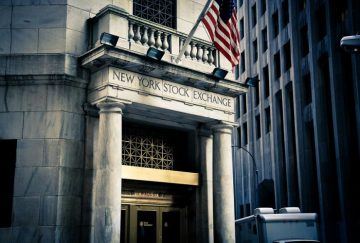 Lenore Palladino in Boston Review:
Lenore Palladino in Boston Review:
In 1962 Milton Friedman—the economist who, more than anyone else, worked to undo Keynesian theory—published his landmark book, Capitalism and Freedom. In it, he argued for many of the policies we now call libertarian or neoliberal: free markets promote freedom, government intervention does not, and therefore government should be extremely limited. But the book was also crucial in advancing what is now known as the theory of shareholder primacy, the idea that corporations have no higher purpose than maximizing profits for their shareholders. “Few trends,” Friedman wrote, “could so thoroughly undermine the very foundation of our free society as the acceptance by corporate officials of a social responsibility other than to make as much money for their stockholders as possible.”
By 1970 he was expanding on this theory even more. Since markets are efficient, he argued, corporations should be constituted like markets; and since shareholders are the only stakeholders in the company who assume risk, the corporation’s purpose should be to generate returns for them. The messy and complex power dynamics of group interactions were thus written out of the story, and decision-making within corporations, Friedman and his acolytes argued, should focus on a singular goal, an “optimum”: maximizing shareholder value.
More here.
